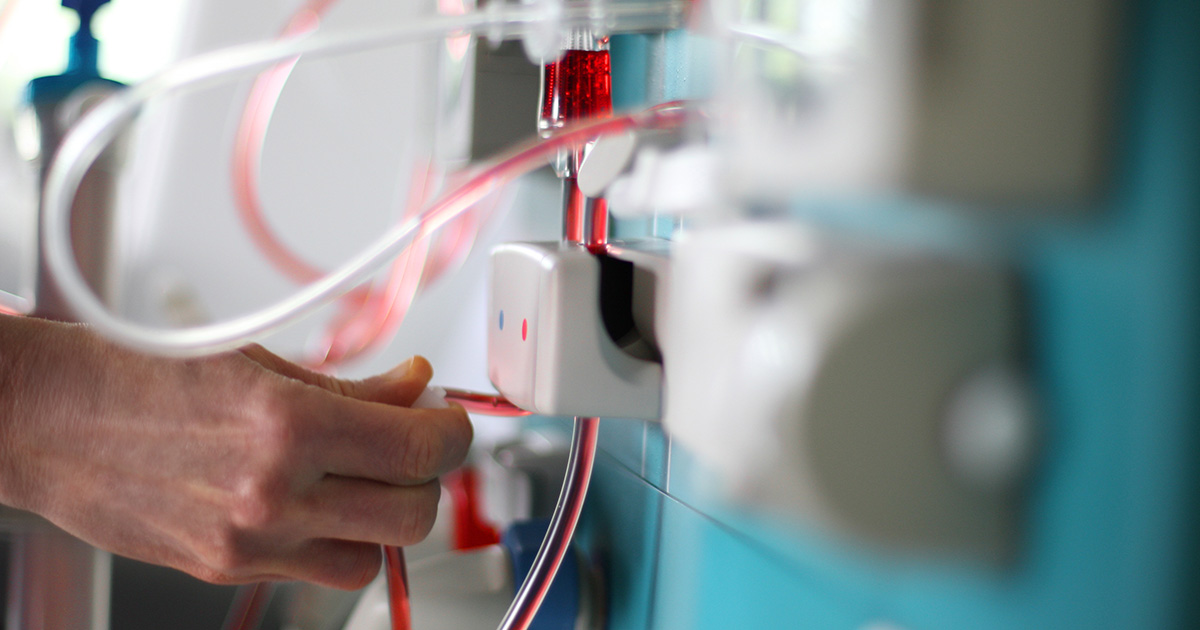Acute Renal Failure Symptoms And Solutions
Dialysis

Acute renal failure can be a life-threatening condition for some individuals. Some cases do not resolve on their own, leaving the patient's organs to become poisoned and damaged by toxins. When all other measures do not reverse acute renal failure, dialysis may be needed to rid the patient's body of the toxic substances. Dialysis is a type of treatment that involves a machine that removes blood from the body and filters the same compounds and substances from it a healthy kidney would. This process takes several hours, and may allow the organs to detox and regain most, if not all, of their function. This treatment option is used in cases of acute renal failure, where there is too much fluid buildup to be managed with diuretic medications. Patients who have a severe acid-base disturbance in the body that don't respond to other treatments will require dialysis for their acute renal failure. When an individual has met or exceeded a certain threshold of uremia severity, dialysis may be necessary to remove this substance from the bloodstream.
Medication

Individuals affected by acute renal failure may be treated with the use of certain medications, depending on the underlying cause. Several drugs can help stimulate different functions in the body that have become impaired as a result of oxygen deprivation and toxicity. Vasopressor medications such as norepinephrine are used to cause the blood vessels to contract, resulting in a rise in blood pressure levels. Fluids may be given intravenously if the patient has become dehydrated as a result of their renal failure. Acute renal failure patients who have experienced a dangerous accumulation of excess fluids in the body as a result of poorly functioning kidneys may require diuretic medications. Diuretic medications like furosemide help increase the individual's urine output, which helps reduce the buildup of fluids and flush out the harmful toxins. In some cases, statin drugs and ACE inhibitors such as benazepril and pravastatin may be able to assist the patient's body with resuming normalization of the kidneys.
